What I read in June
Tears were shed.
It’s cold, it’s dreary, I miss my friends from Sydney and I’ve been coping with my feelings of isolation by binge-reading, watching really bad episodes of Criminal Minds, going for long walks along the local creek and making copious amounts of baked goods (including but not limited to vegan chocolate coffee cupcakes, jumbo cafe-style apple muffins and several loaves of banana bread).
Truthfully, I have little to complain about — this description of my days is probably some people’s dream. And I am certainly enjoying my solitude, even if it’s lonely. Plus, I’m kind of glad to not have to spend too much money socialising — EOFY is where freelance writers go to die, and the work is sparse.
Moving to a new city is always a little hard, and meeting people and making friends is harder. But this is made a lot more challenging when you are a freelance writer who works from home and isn’t really in the kind of spaces where you meet people. Which probably explains how I managed to read so much this month (surely Priory of the Orange Tree counts for, like, three books right?). Speaking of…
Priory of the Orange Tree by Samantha Shannon review
⭐️⭐️⭐️⭐️
When I was a kid, I would get so absorbed in reading that the world would pass by me and I wouldn’t notice. My mum would joke that a plane could crash over our home and I wouldn’t hear it. I would stay up all night binge-reading, neglecting sleep, food, homework, chores. For the first time in a long time, I felt that spark, obsession even, as I read Priory of the Orange Tree — finally, a fantasy book worth its hype!
This chonker of a novel is more than 800 pages long, and you could probably kill a man with its physical copy. Luckily, I read a PDF.
The scope of the story is wide, Game of Thrones-esque in the sense that it has multiple POVs of unrelated characters from distant nations, whose stories thrillingly bring them closer and closer to each other until they collide in the final leg of their journeys. The characters are diverse, realistic and distinct, and the magic system is satisfyingly original (I am still salty about when I read Spice Road, and the magic system was almost an exact replica of the “spice” from Dune). I am a sucker for sapphic romance so the central love story in this fantasy was one I really enjoyed, even though it was admittedly a little sparse and could have been better developed.
There were some weird writing choices/editing errors that made certain crucial sentences to the story ripe for misinterpretation (at one point, it reads like a character has been killed, and I only realised they hadn’t been after someone else pointed out the error in a Goodreads review). However, they are minor issues. My main criticism of this novel is that its big boss battle falls flat — after hundreds of pages of build up, and with stakes unable to be any higher, the final battle was over in the blink of an eye, a little flaccid and certainly not world-saving level.
But to end this review on a minor, unrelated, more optimistic note: I was pleasantly surprised that we got this entire story in one book! A lesser author/publisher would have split Priory of the Orange Tree into a duology and milked it for all its worth. I’m glad that Samantha Shannon didn’t, because experiences like this novel are few and far between.
Nettle and Bone by T. Kingfisher review
⭐️⭐️⭐️.5
What a strange, endearing little book.
T. Kingfisher/Ursula Vernon first graced my psyche when I read What Moves The Dead, her wonderfully queer and spooky adaptation of The Fall of the House of Usher by Edgar Allan Poe, and the first novella in her Sworn Soldier series.
I fell in love with her writing instantly, and have slowly been trying to read the rest of her publications (so far I’ve read What Feasts at Night, The Clockwork Boys and The Wonder Engine) but, of course, her most popular novel is Nettle and Bone.
This was a strange read — the start feels divorced from the rest of the story, unnecessary even, like the book was supposed to be one thing, transformed into another, and the beginning had too much sentimental value to the author to let go of. However, once the first third or so of the book was over and we were well and truly in the thick of things, it picked up quite a lot and this minor gripe was forgotten.
T. Kingfisher has a way with making characters likeable that few authors have mastered. She is such an earnest writer, and it bleeds into her story-telling in a way that makes for such cosy, comforting reads even when the subject matter is dark and the stakes are high. In Nettle and Bone, the youngest of three sisters discovers her older sister, married into the royal family of a neighbouring kingdom, is being abused by her cruel and powerful husband. And instead of letting this go for the sake of politics, she decides she needs to kill the man. Love that for her!
And so ensues a rather ridiculous but ultimately noble journey, where she picks up an array of interesting and hilarious characters (including a chicken possessed by a demon) who become her found family.
T. Kingfisher has a type — this is now the third book I’ve read of hers where the main character is unremarkable, at least in looks (and sometimes in wit), and her love interest is a hot, very large, spiritually confused knight or paladin who wants to devote his life to her. This is not a complaint: I’m done with shadow daddies and petite perfect-at-everything-chosen-one girls. We need more normal-woman-of-older(AKA NOT 18 YEARS OLD)-age-who-is-mostly-unremarkable representation! And more love interests who are emotionally devastated men that simply want to worship a woman!
Heart Lamp by Banu Mushtaq (translated by Deepa Bhasthi) review
⭐️⭐️⭐️⭐️⭐️
Reading the first page of Heart Lamp, it’s easy to see why this haunting collection of short stories won the International Booker Prize. Simmering with rage at the injustice of being a woman in a man’s world, this book — brutal, devastating, funny, compassionate — is a rallying cry.
Set in various villages throughout Muslim-majority south India, the collection — written by Banu Mushtaq over three decades and translated by Deepa Bhasthi — flits through the different perspectives of women and girls who must survive the cruelty and hatred that seems to plague so many men. It’s a tough read, and at times I had to put it down because my heart couldn’t take the brutal circumstances these women suffer, but it’s also a sobering reminder of how far we have yet to go.
An exploration of patriarchal cultural norms, Heart Lamp doesn’t shy away from calling out the bastardisation of Islam into a tool used to subjugate Muslim women, often depicting men who are both highly esteemed leaders of faith, and also harsh and violent to the women in their lives. Because while this should be an oxymoron, it sadly is not. As a hijab-wearing Muslim woman myself, I am familiar with the perplexing attitude “practicing” Muslim men can have towards us, despite what their/my faith calls for. And I also know the courage it takes to call this out publicly.
Heart Lamp is close to my heart, as pre-Partition my family was also from south India. It can often be hard to publicly speak out about misogyny within the Muslim community when you live abroad, because you don’t want to validate stereotypes the west uses to justify its dehumanisation of our people. Heart Lamp is a crucial book because it defiantly puts women at the centre of its stories, despite what cultural-religious norms might dictate.
A Mouth Full of Salt by Reem Gaafar review
⭐️⭐️⭐️⭐️⭐️
Set in Sudan, in between the 1940s and 1980s, A Mouth Full of Salt tells the story of a boy who is found drowned in a Northern village, and the chain of event it sets off, the long buried secrets of treachery and lies it unearths.
Anchored in the lives of different Sudanese women who live along the Nile — a living creature, mischievous and dangerous — who have come from different backgrounds and upbringings and timelines, the story is rich in detail when it comes to the country’s history, as well as how this manifests within the home. Patriarchy, racism, misogyny, colonialism and Arab supremacy are not just broad political issues, but ones that can rear their ugly heads in our own rituals.
Lateral violence is a particularly resonant theme in A Mouth Full of Salt — it’s one that inspires much defensiveness in the Muslim community, which is both marginalised and also perpetuates marginalisation, leaving it in a constant paradox in which it is undoubtedly a victim but also needs its own reckoning. It should be common knowledge that slavery existed (and one could argue still exists) in Muslim communities too, but Arabs and South Asians having African slaves is a taboo topic for many. In the last two years as a genocide takes place in Palestine and war continues in Sudan and the Republic of Congo, African diaspora have pointed out that the suffering of Africans is treated as naturalised, un-newsworthy.
A Mouth Full of Salt interrogates the normalised racial heirarchies in the Muslim community by opening a dialogue through its characters. Fatima, one of the main narrators, is of the younger generation, learning to question the world around her and where her information comes from. She is immersed in but somewhat critical of a mythology that has been handed down for generations, feeling rage and frustration in a way that might be written off as simply teenage angst, but is in reality is the natural result to realising that your world, culture, family, religious practice is a paradox.
Religion is at the centre of A Mouth Full of Salt, the novel an exercise in all the ways it can be used to both affirm and deny, liberate and imprison, heal and harm. It is set in a Muslim village, in which there is a real sense of Qiyaamat (judgement day if you aren’t Muslim) with fires raging and animals dying and what appear to be supernatural forces abound — and the people must reckon with what they could have possibly done to cause this, if they caused it at all.
Listen to my interview with Reem Gaafar here!
Our Wives Under the Sea by Julia Armfield review
⭐️⭐️⭐️⭐️⭐️
This devastating sapphic romantic-horror is not for the weak. I read it in one day, shed a single tear upon its completion and then had to wake up my husband because I was weepy and needed to talk about it.
Leah and Miri are struggling through their marriage after Leah returns from a submarine accident changed and strange. Told through dual perspectives across time and space, this slow, romantic read is really a study of grief set in the horror genre. Miri’s perspective is somehow both dreamy and lucid, dissociative and discerning. She so quickly is able to understand the people around her, unreservedly calls herself out and sees through everyone — and yet her own reasonings are often elusive, her odd reactions and disagreeable behaviour not always explained. The only times her thoughts are truly clear is when she thinks about Leah, tracing every angle of her, loving her so deeply it aches. It’s just so devastatingly romantic.
Leah’s perspective is filled with facts about the ocean, about water pressure, the things she has learned about things and people — and Mira, though she actively tries not to think about her, is always there in the margins, as ever-present and natural as breathing.
At some points this novel reads like a modern, sapphic adaption of The Little Mermaid by Hans Christian Anderson, another deeply romantic and tragic ode to devotion, to love as both a prison and freedom, as creation and destruction.
Our Wives Under the Sea is an unsettling read, discomforting at times, but I found it more tragic than spooky. Though, perhaps that’s not accurate — what’s more terrifying than looking into your loved ones eyes, and not recognising who looks back?


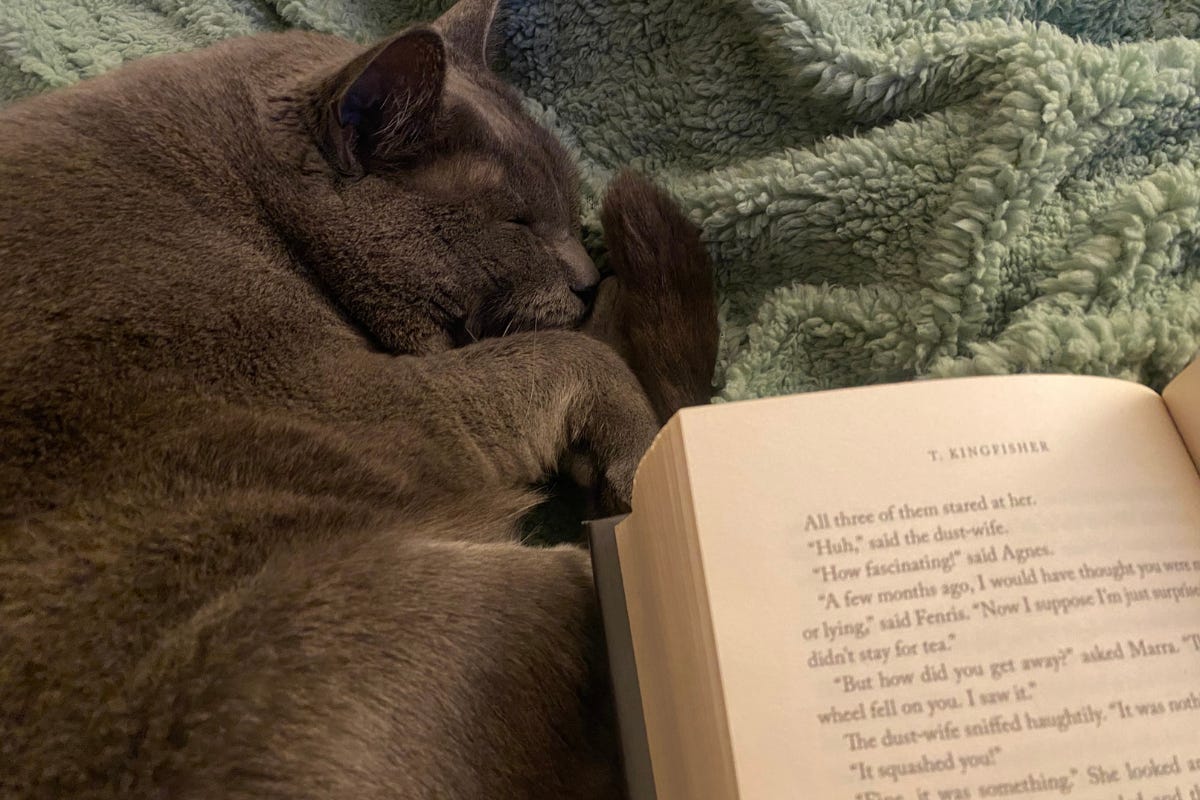
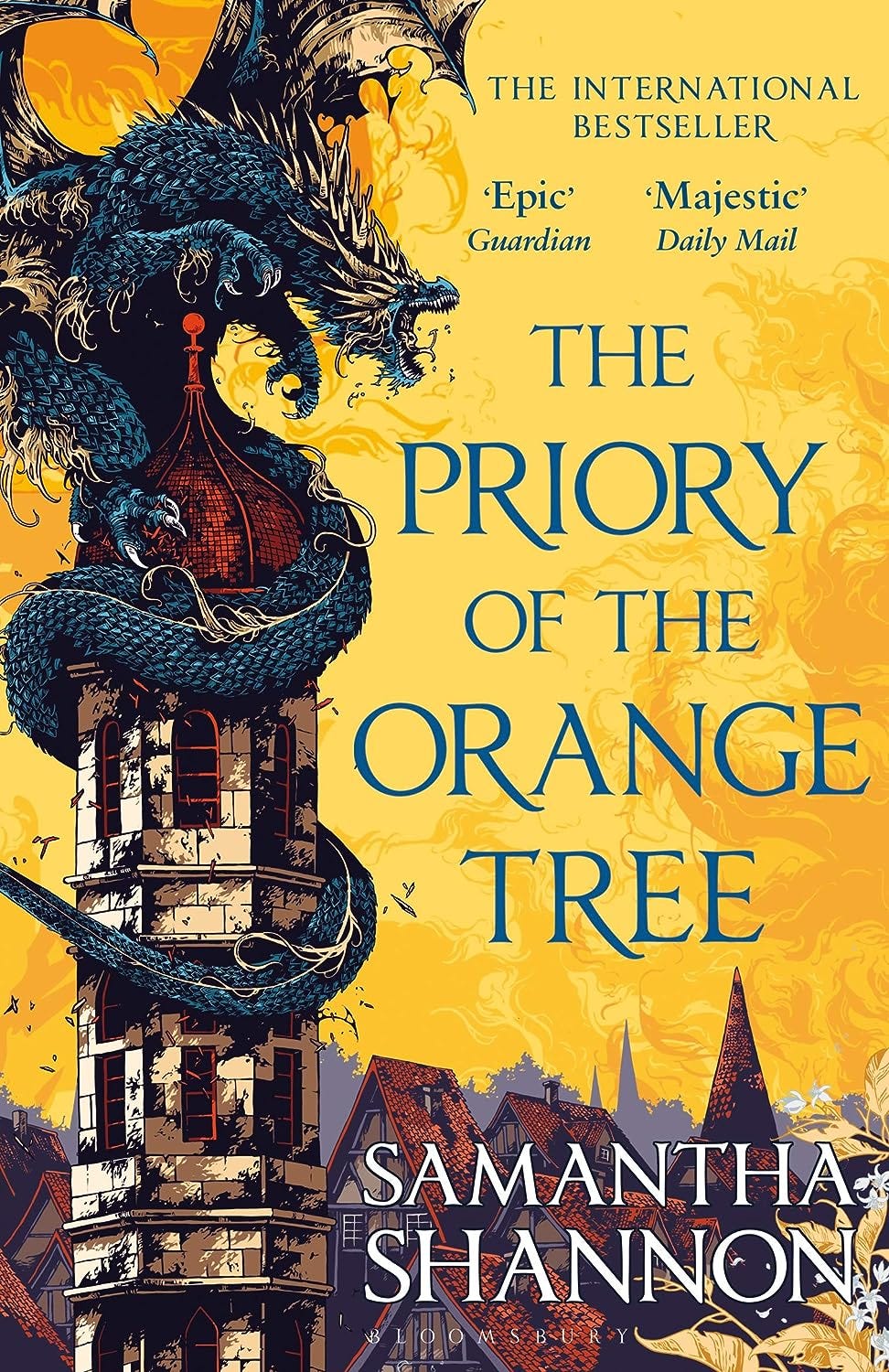
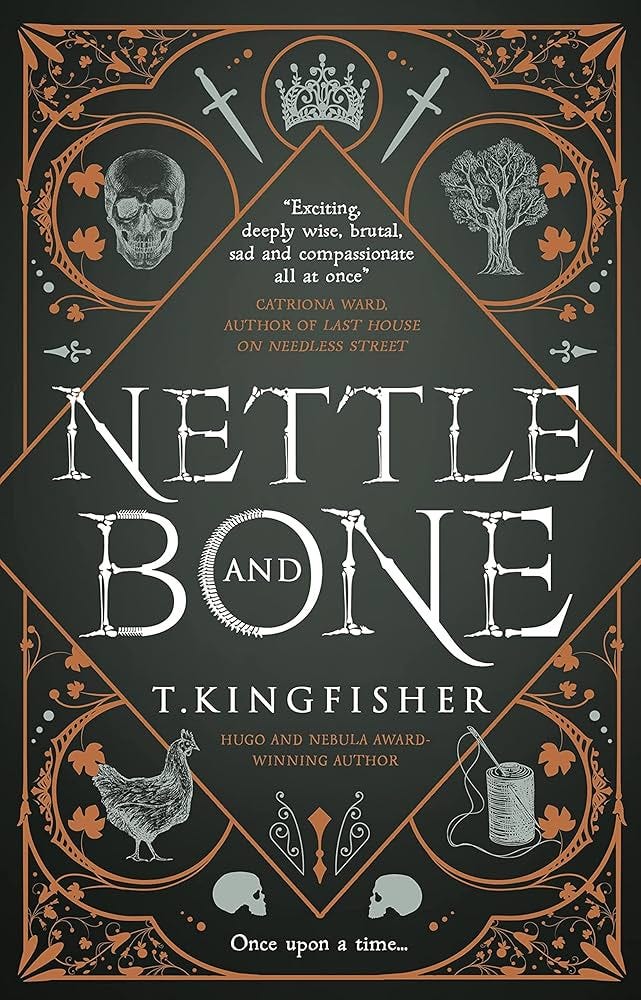
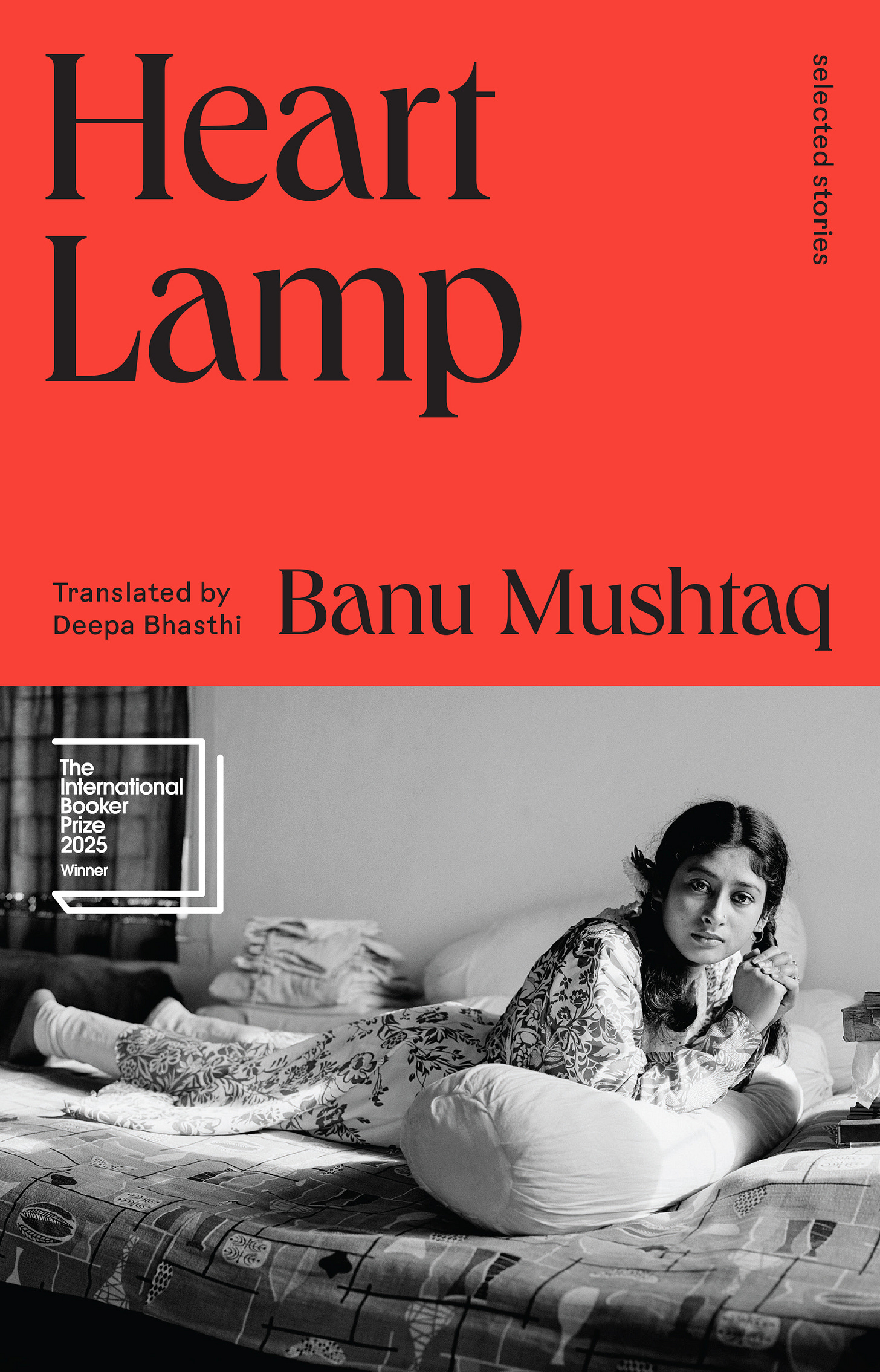

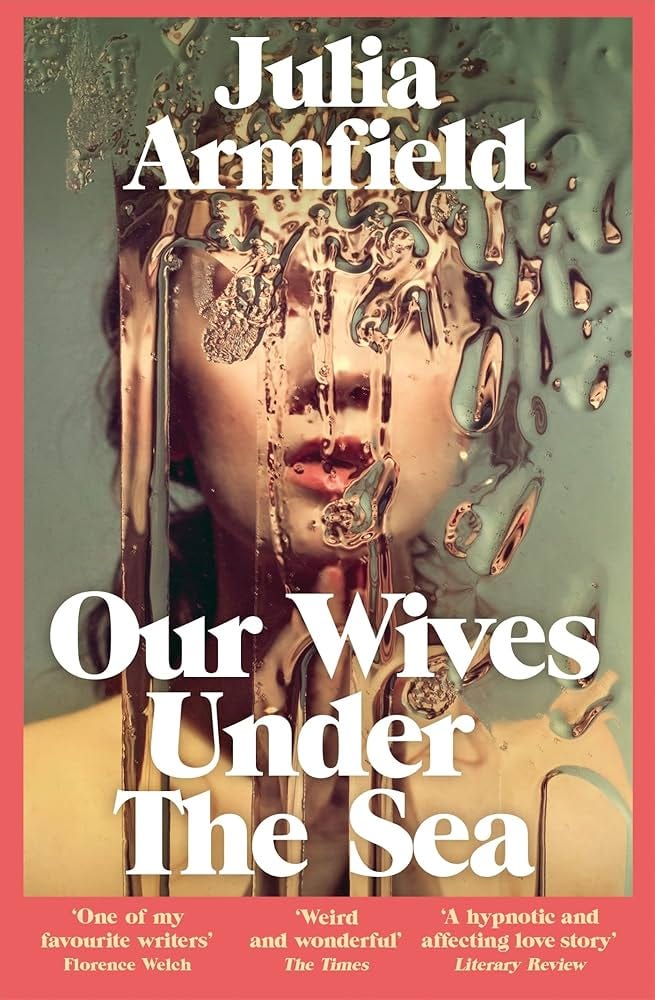
What a great list, thank you for sharing :)
I loved Our Wives Under the Sea and I'm keen to add the others to my ever expanding TBR.
This might be the gentle push I need to finally read Priory of the Orange Tree, it really is a brick but sounds worth the effort.
Your baking sounds delightful, and I hope Melbourne feels like home soon <3 I am forever in awe of people who move beyond state lines, it's huge.